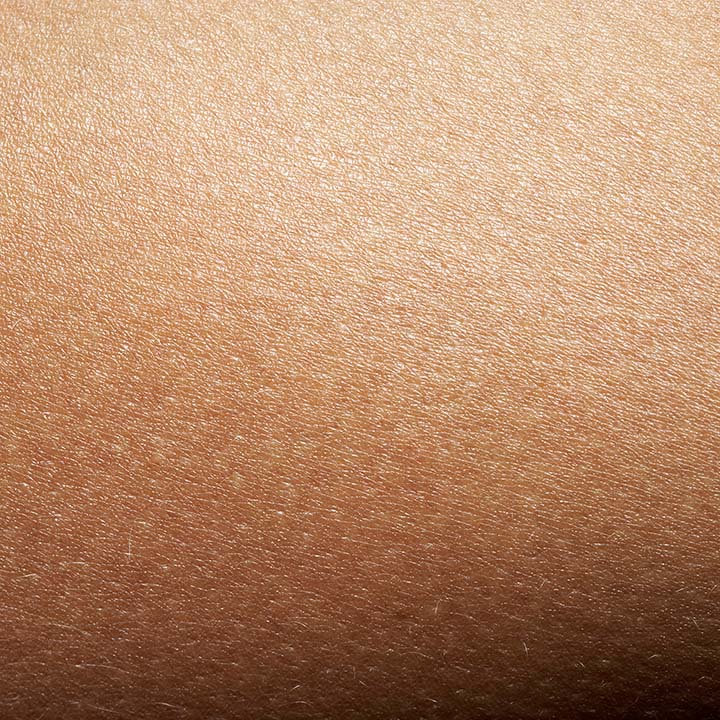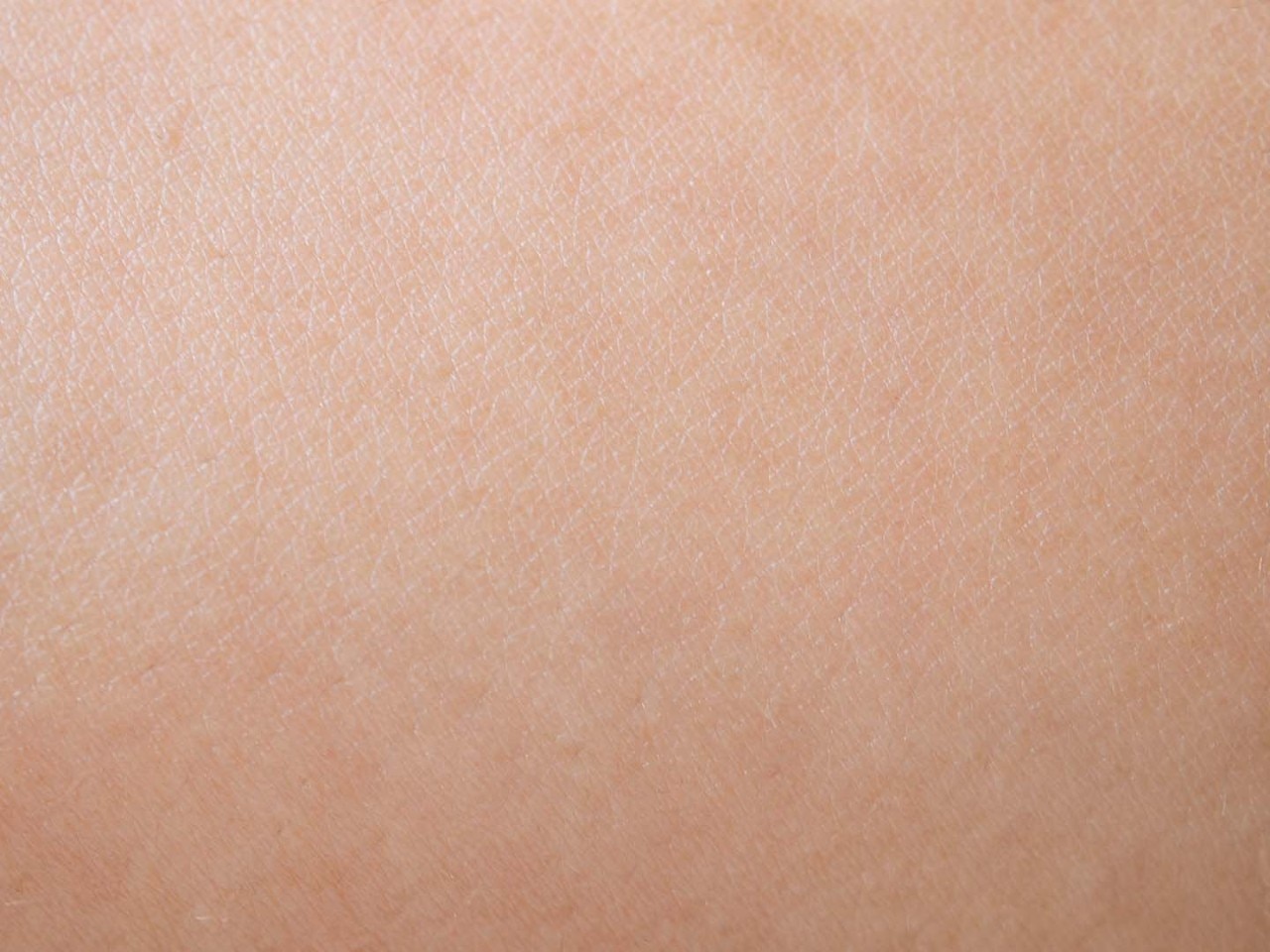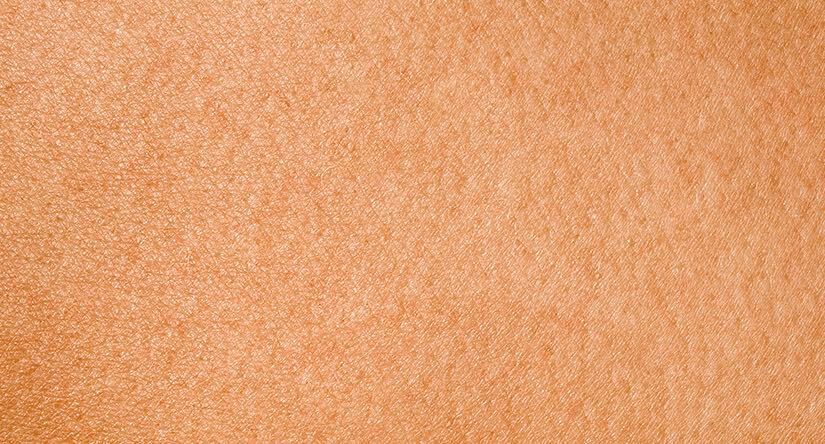What is omega-3?
Omega-3 is an essential fatty acid that your body can’t produce naturally, but you can get it from the foods you eat or from supplements. Omega-3 can benefit your skin by reducing inflammation in your body, it also reduces your risk of some health problems including cardiovascular disease and blood clots. Not only that, but omega-3 can help with skin barrier repair by replenishing lipids and reducing moisture loss. There are three types of omega-3: ALA, EPA and DHA. The latter two are found in foods like fish, meat and eggs, whereas ALA is found in foods like flax seeds, chia seeds, walnuts and soya beans. If you’re vegetarian or don’t eat many of these foods, it can be beneficial to take an omega-3 supplement.
Omega-3 benefits for skin
Omega-3 fatty acids are essential nutrients found in certain foods and can have a positive effect on your skin. Here are some of the main omega-3 skin benefits:
- Can help to regulate your skin’s oil production.
- Can improve and balance your skin’s hydration.
- May help to calm inflammation and breakouts.
- May help to minimise signs of ageing.
- Can help to soften rough or dry skin.
- May have a soothing effect on irritation or eczema
- May boost your skin’s immunity to UV damage and skin cancer.
Symptoms of eczema
Eczema, also known as atopic dermatitis, is an inflammatory skin condition caused by genetics or environmental factors or allergies. Some of the common symptoms of eczema include:
- Dry, itchy skin
- Blisters that can be crusty or oozing
- Red skin around the blisters
- Raw or bleeding areas caused by itching
- Scaly or thickened skin
- Discoloured areas
Understanding eczema and the importance of the skin barrier
If you struggle with eczema your skin can’t retain moisture as well as other people’s, it may also struggle with producing fats and oils. This means that your skin barrier can’t do its job as well as it should. Because your skin cells aren’t sufficiently plumped with water, moisture can be lost and bacteria can pass through your skin easier. When you have eczema, body care products like soap, shower gel and washing-up liquid can cause your skin to crack or become inflamed due to irritation.
Can omega-3 help eczema?
As omega-3 is a good anti-inflammatory, it may help inflammatory skin conditions like eczema by soothing symptoms like redness and itchiness. It may also help with skin barrier repair by rebuilding cell membranes, which means your skin can repel toxins and bacteria more effectively. More studies are needed on omega-3 and eczema, however, it’s believed that adding more omega-3 to your diet or taking supplements can improve symptoms within a few months.
Using body care products that contain omega-3 can also help, leading to fewer flare-ups and improved skin texture. It can also help to support and maintain your skin barrier and reduce your sensitivity to environmental factors.
Why your shower routine matters for eczema-prone skin
Hot water, long showers and shower gels that contain sulphates and fragrances can all strip your skin of its natural moisture. This is especially important to be aware of if you have eczema-prone skin, as your skin struggles to retain water more than others and these factors can cause even more irritation and dryness. Using a gentle, hydrating body wash when showering can help to support your skin barrier. For example, Sanex Skin Therapy Shower Oil with Omega-3 is specially formulated for atopic-prone skin and is also suitable for people who may be prone to eczema, and can reduce irritation within just 3 days of use. Developed with dermatologists, our revolutionary patented Amino Acid Complex with Omega-3 gently cleanses, deeply nourishes and leaves your skin noticeably more hydrated and visibly smoother*.
Eczema skin care tips when showering
Looking after eczema-prone skin in the shower can make a difference to your skin and help to add moisture and prevent flare-ups. Here are some eczema skin care tips that may help:
- Shower or have a bath every day.
- Use lukewarm water instead of hot.
- Only shower or bathe for 10-15 minutes.
- Use a gentle body wash for eczema, one that contains omega-3 can also be beneficial for skin barrier repair.
- During flare-ups, limit the use of other skin care products that may cause even more irritation.
- Use an emollient moisturiser twice a day to add moisture to your skin and improve skin barrier repair.
- Moisturise your hands every time you wash them.









